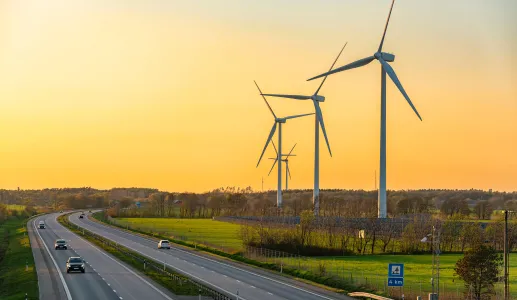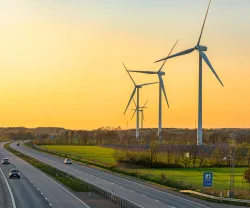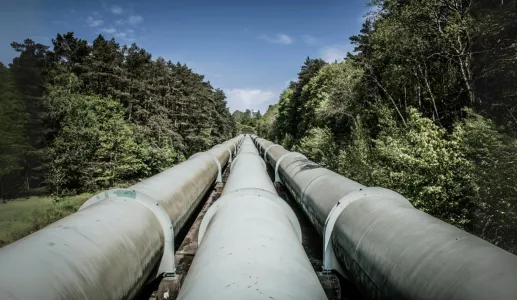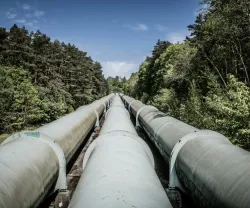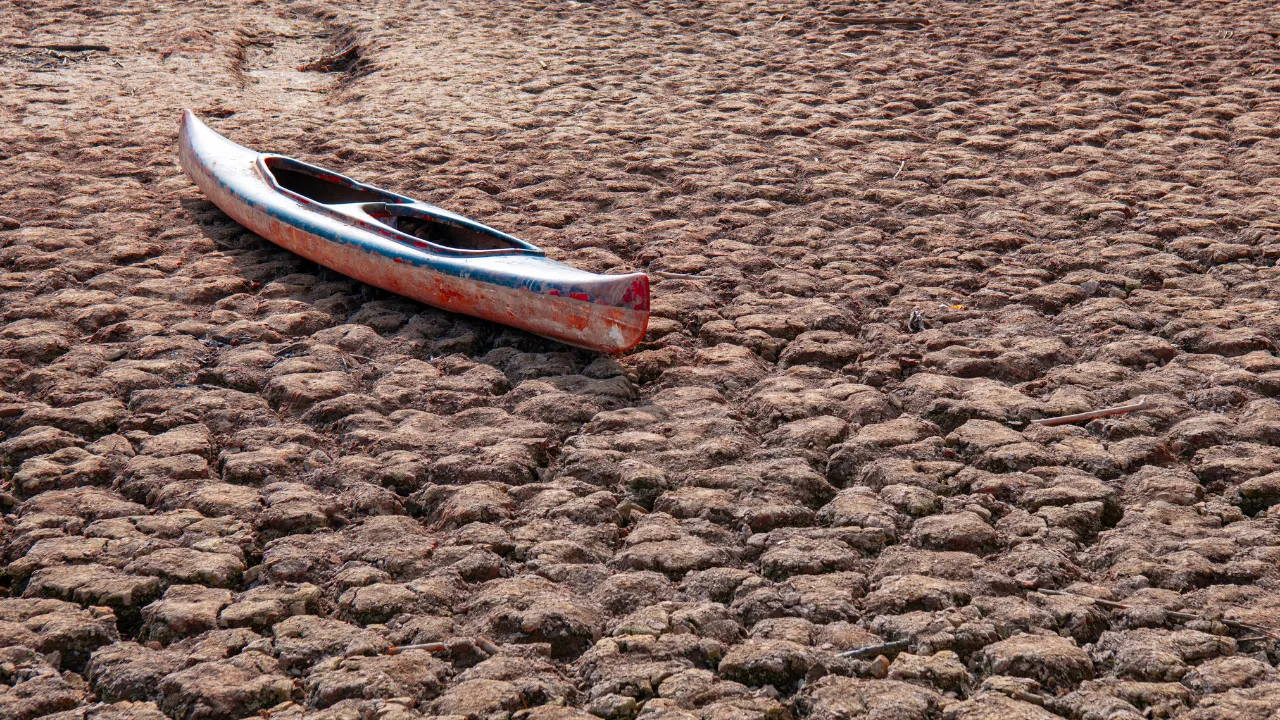
After the energy crisis: Policy responses in the Iberian Peninsula
How did the Iberian Peninsula respond to the energy crisis triggered by Russia’s invasion of Ukraine? And how can this «energy island» become central to the EU’s strategic autonomy and competitiveness?
In 2022, Europe was grappling with an energy crisis as Russia weaponized its natural gas supplies during the invasion of Ukraine. The Iberian Peninsula, although less dependent on Russian energy, was still impacted by volatile market dynamics, a severe drought, and shifting geopolitics in North Africa.
Despite these challenges, Portugal and Spain have a competitive advantage in Europe, given their abundant renewable resources and citizens who are concerned with climate change.
The Peninsula stands, therefore, to benefit from an ambitious energy transition and has the potential to become a key contributor to the EU’s energy security. In order to succeed, it is vital that the Peninsula invests in stronger interconnections with France and the wider EU, and addresses key bottlenecks, such as those concerning grid capacity and digitalization.
To see the full paper please access the following website.






